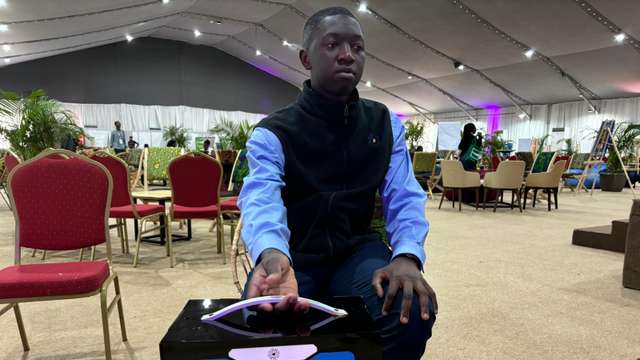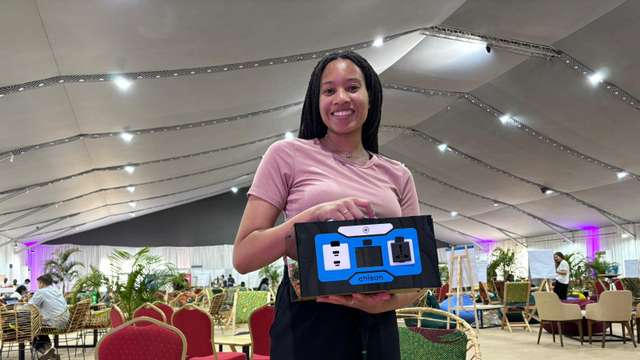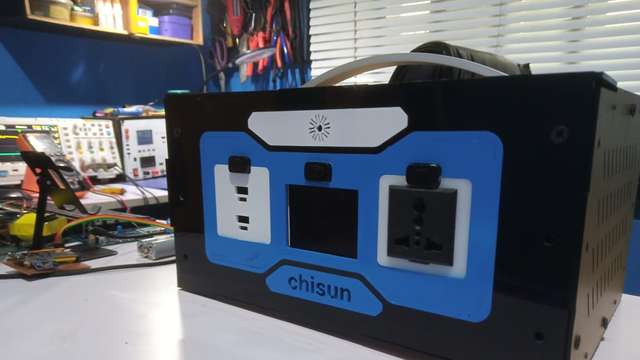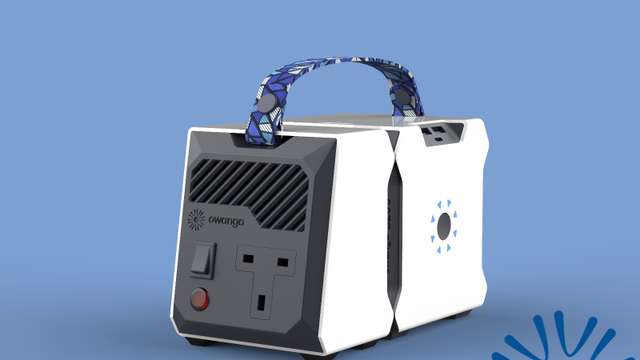How two law graduates are bringing affordable solar power to Congo’s millions

In the face of Africa’s electricity challenges, an unexpected solution is emerging. Recent law school graduates Benedict Owanga and Chinelo Adi are leading a project that could transform lives across the continent.
Owanga Solar, founded by the two friends, is redefining access to electricity in the Democratic Republic of the Congo plagued by inconsistent power.
In an interview with Global South World, Benedict Owanga shared his journey to entrepreneurship. Originally from Congo, he spent his early years in South Africa, then moved to Canada, and eventually studied law in the United States.
During his second year at law school, a power outage during a crucial training session led him to consider the broader implications of unreliable electricity. "I lost power for an hour but that one hour has shaped my two months' worth of experience," Owanga said. This experience prompted him to think about the daily struggles of those who face frequent power outages.
With his co-founder Chinelo whom he met in law school, they set out to address the severe electricity shortages in Congo.


Despite receiving millions in donor funding, the World Bank reports that just 19 per cent of the Democratic Republic of Congo's 108 million people have access to electricity.
The common and costly methods of power; kerosene lamps and generators which contribute to fossil fuel pollution have proven to be dangerous and harmful to the environment.
Owanga and Chinelo offer a fresh and affordable take on electricity distribution. The company has developed portable battery packs that can power a three-bedroom house or a small shop. These packs are available for rent at $2 a day or can be purchased for $250. They are powered by solar panels or regular grid energy, making them both accessible and sustainable.


"And one thing that we're really proud of is that we make it on the continent, but it's also sustainable," Owanga said.
"So the biggest problem we encountered was just like logistics and getting batteries abroad. So we were like, hey, let's build with what we have." Owanga explained. So we used recycled laptop batteries. We obviously analyse everything, make sure it's safe. And we also use plastic bottles to create the device.
By manufacturing locally, Owanga Solar is also creating skilled labour opportunities for those who need them most.
Launching a hardware company in a developing region presents unique challenges. Owanga and Chinelo faced issues ranging from logistics and production delays to securing funding. Their initial support came from a $10,000 grant from DivInc and a $500 monthly stipend from The Hatchery at Emory University, which allowed them to experiment and refine their prototype. They also gained traction through pitch competitions, which provided additional funding and recognition.
"I really want to try and fix Congo and it all starts with electricity. The moment people are connected to the grid, the moment people have electricity, students, and kids can study much better. Moms can make that money they need," Owanga expressed his desire for change. "And not only that, like the society is so much better and people can be more innovative and people can really open the country."
Watch the full interview: